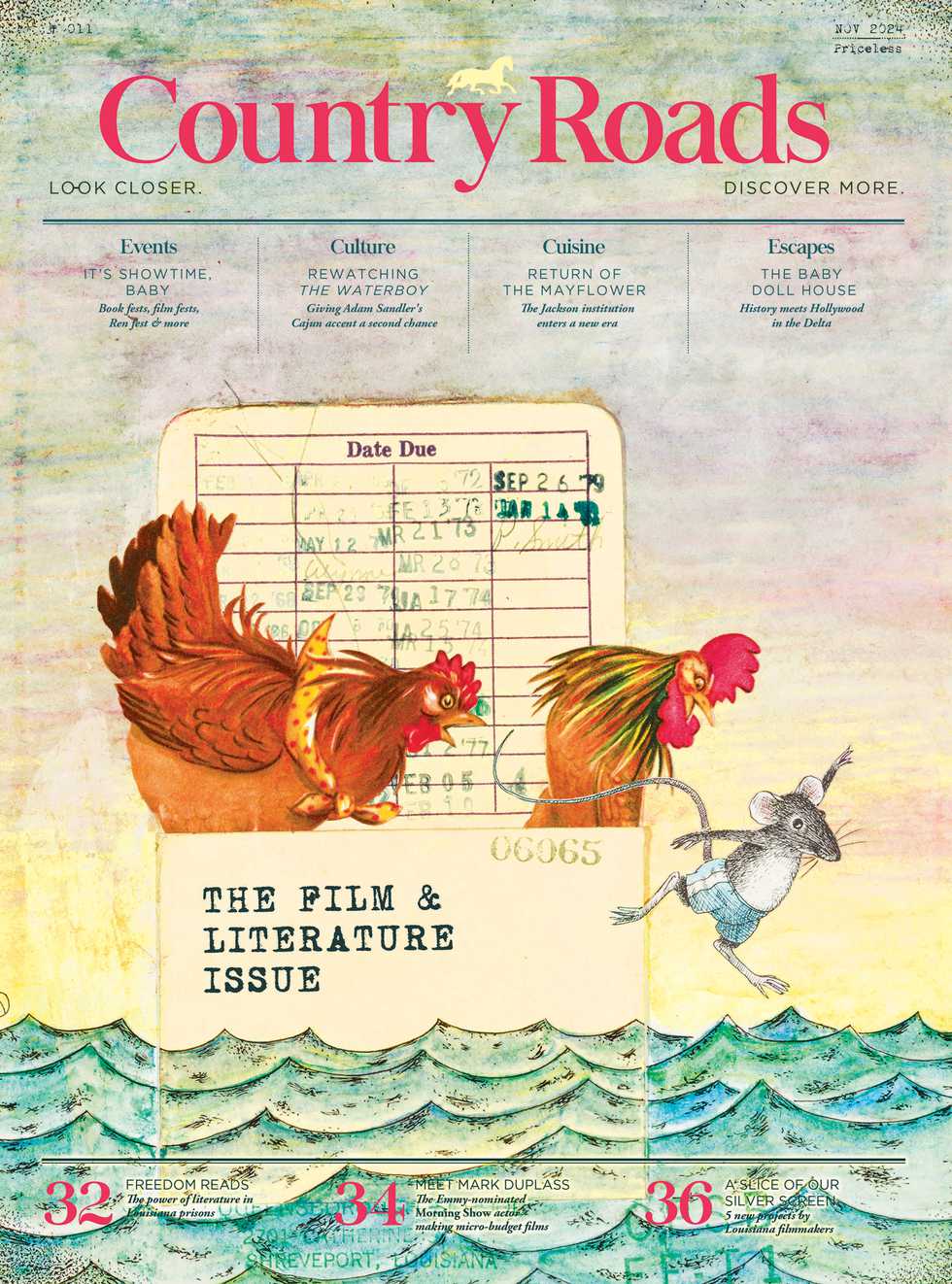Ronnie and Dawn Bean’s longtime love for animals has an exotic twist.
At their 27-acre farm in Centreville near the Mississippi-Louisiana line, the Beans raise and sell zebras, kangaroos, antelopes and donkeys. They also have a few tortoises and raccoon-like kinkajous. And they keep a camel as their pet.
“Even though we do it for the money, the first thing is we enjoy the animals,” says Dawn. “Our goal is to provide healthy, well-adjusted animals for our customers as well as provide a good home for the babies we sell.”
In April the Beans had about thirty animals in their stock. Most of them zebras.
“They’re easily tamed and get along well with humans,” Ronnie explains.
The Beans started out with wallabies and llamas, but the couple later converted to the zebras and other animals because they enjoy them more—and they are what people want to buy.
“We get a kick fooling with these babies. It’s hard work, but we thoroughly enjoy these exotic animals,” Ronnie said, adding pragmatically, “And it is profitable.”
Ronnie—who has a bachelor’s degree in animal science and a master’s in fisheries from LSU—said his interest in exotic animals goes back to when he worked at the Baton Rouge Zoo. Now retired from the Louisiana Department of Environmental Quality, Ronnie has been breeding exotic animals with Dawn for about eighteen years.
Born and raised in Baton Rouge, the Beans settled in Centreville in 1998 after searching for some open space outside the big city.
“We were looking around for some acreage and for something peaceful,” Ronnie said.
Most of their customers are in Mississippi, but some have come from as far away as Pennsylvania.
Among their customers is Jack Hanna, the director emeritus of the Columbus Zoo in Ohio who has two nationally syndicated wild animal shows on TV. He bought a zebra.
“All of our babies are left with the mother for five to seven days to get a good, healthy start,” at which point says Dawn they are then put on a bottle.
The babies are handled extensively several times daily to socialize them—walked with a halter and lead, brushed, petted and played with.
“Of course, zebras are wild animals and should be handled with that in mind. Our babies are offered for sale as soon as they are well-started on the bottle—usually by two weeks of age.”
Zebras can be ridden like horses, but it can be difficult to train them for that, Dawn said. The Beans currently have one male zebra and six females.
They also have a kangaroo couple and six antelopes. The kangaroos are the largest of their species. The males grow to be as much as two hundred pounds while females grow to be about seventy pounds.
“They’re really sweet and cool,” Dawn said of their baby kangaroos—called joeys. “Joeys are a joy to raise, as they quickly bond with their human moms. They can easily be kept in the house during the bottle-feeding months and can be taken anywhere you go by hanging the pouch on your shoulder like a tote bag.”
The Bean stock includes dik-diks, which are miniature African antelopes with pencil-thin legs.
“We will sell these babies as mother-raised weanlings (usually at two months of age) or on a bottle at approximately ten days of age. Mother-raised babies will not be tame and are best kept for display or breeding. Bottle babies become very tame and enjoy being petted, but ... will not tolerate being picked up,” the Beans note on their website.
These diminutive antelopes don’t need a large pen. They eat grass or alfalfa and a protein-rich horse feed. “With these simple needs met, dik-diks are easy to keep and are a pleasure to watch.”
The Beans also have miniature donkeys, which they say are “well-socialized, friendly and affectionate” and make great pets for children and companions for other animals.
Exotic-animal breeding has gotten some bad publicity because of a few irresponsible people involved in this business, but that’s not a fair representation, Dawn said.
“There are a lot people who raise exotic animals and do a good job,” she said. “Our animals have plenty of room to run around. They’re not caged,” and she adds, “They are very well-fed.”
The Beans have had their pet camel—named Tucker—for fourteen years. He’s a favorite with people in Centreville.
“He’s kinda like our town mascot,” Dawn said.
Details. Details. Details.
As exotic-animal dealers, the Beans are licensed and regulated by the U.S. Department of Agriculture. For more information visit their website beanstockms.com, or call (601) 645-5240.

